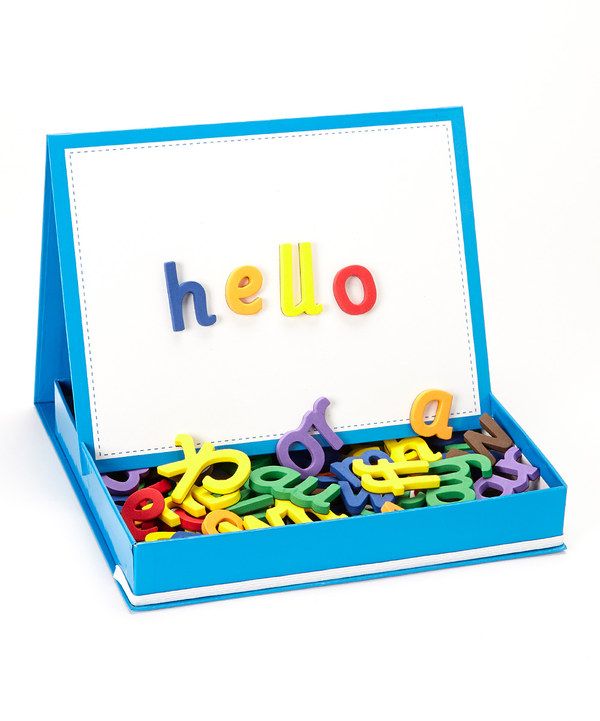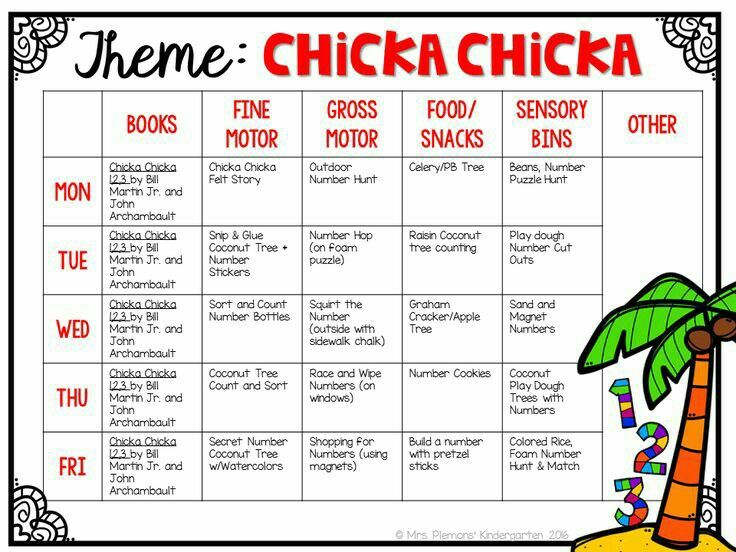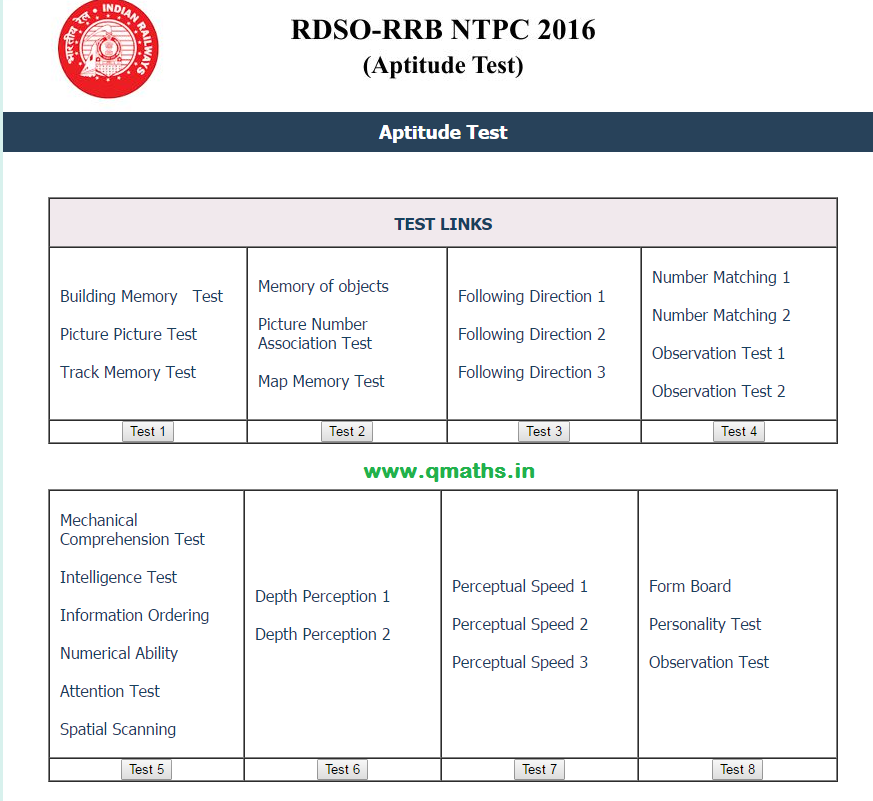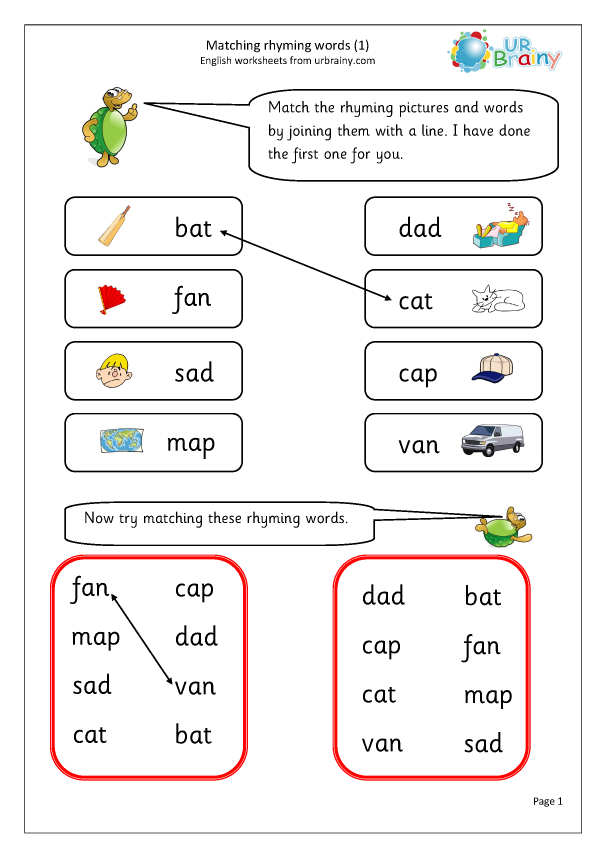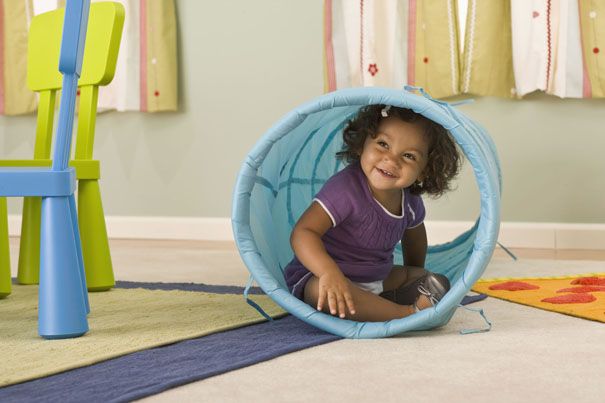Spelling games for adults
Best Spelling Games for Adults
Spelling can be difficult. The English language has silent letters, strange patterns, and exceptions to many spelling rules. All of these aspects and more can make it challenging to become a great speller. Despite the challenges, it’s very possible to do with practice and dedication. Want to make learning how to spell fun? We’ve compiled some of the best spelling games for adults.
Who Can Spelling Games Help?
No matter how old you are, you could have a hard time spelling. In fact, dyslexia can persist from childhood into adulthood. Whether you have dyslexia or not, spelling games can help.
Paid and free spelling games for adults can help ESL learners, dyslexic learners, or anyone who just wants to practice and improve their spelling skills.
Source: Unsplash
How Spelling Games Can Help
Games are a great way to learn. When you combine learning and game playing, you can feel relaxed while you accomplish what would otherwise be hard work. Since you enjoy the process, you may even spend more time doing it per day. It’s in this type of consistency and effort that results arrive.
When you get better at spelling, you also are likely to improve your reading and writing skills at the same time.
Best Spelling Games for Adults
Now for the moment you’ve been waiting for, it’s time to talk about all the fun and games you can have at your fingertips.
1. Scrabble Go
Scrabble has been a family-favorite game for a long time. The traditional game consists of a board and tiles with letters. Each player gets to place letters to make a word on the board. Then, the subsequent player needs to create another word that connects to an existing word that has already been played. With Scrabble Go, the game has become digital.
What makes Scrabble a great spelling game is that the word will only work and fit in the tiles when it is spelled correctly. Additionally, you have to think of words that you can spell with the tiles you’ve been given, as well as the tiles that are on the board.
Scrabble Go gives users the options to join leagues, play in tournaments, take challenges, and even play against friends.
2. Spelling Master
Spelling Master is a game that’s intended to help you master spelling (pretty aptly named, isn’t it?) The game is set up to move in progression with multiple levels of challenges. Once you complete one level of spelling, you then can unlock the next level. This type of set-up ensures that players have the foundational spelling knowledge that they need in order to keep improving and building.
The game also has a spelling quiz, which allows players to review their mistakes upon completion so that they can learn from them. Every time you complete a quiz and properly spell words, you can earn points.
There’s also a listen-and-spell feature which makes it easy to learn how to pronounce words properly.
3. Correct Spelling
Correct Spelling is an app that is really beneficial for non-native English speakers. This app is intended to teach you how to pronounce words and spell them properly. Once you’ve spelled a word, the app will let you know whether or not it is correct.
Once you’ve spelled a word, the app will let you know whether or not it is correct.
Through practice and repetition, users learn how to spell English words and say them out loud.
4. English Spelling Rules
If you’ve already been on a journey to learn to spell in English, then you are aware of some of its rules and exceptions. For example, you may have heard, “i before e, except after c.” Even though that rule holds true in most instances, they are cases where it doesn’t, like in the word “their.”
English Spelling Rules is an app that teaches you about rules and commonly misspelled words. (Fun fact: misspelled can be considered a commonly misspelled word).
5. Word Battle
WordBattle is an online multiplayer game that takes place in real-time. You can connect with friends and family via Facebook to challenge them in a game.
Each player is provided with the same 9 random letters. You are then given 40 seconds to spell a word that will be worth the most points.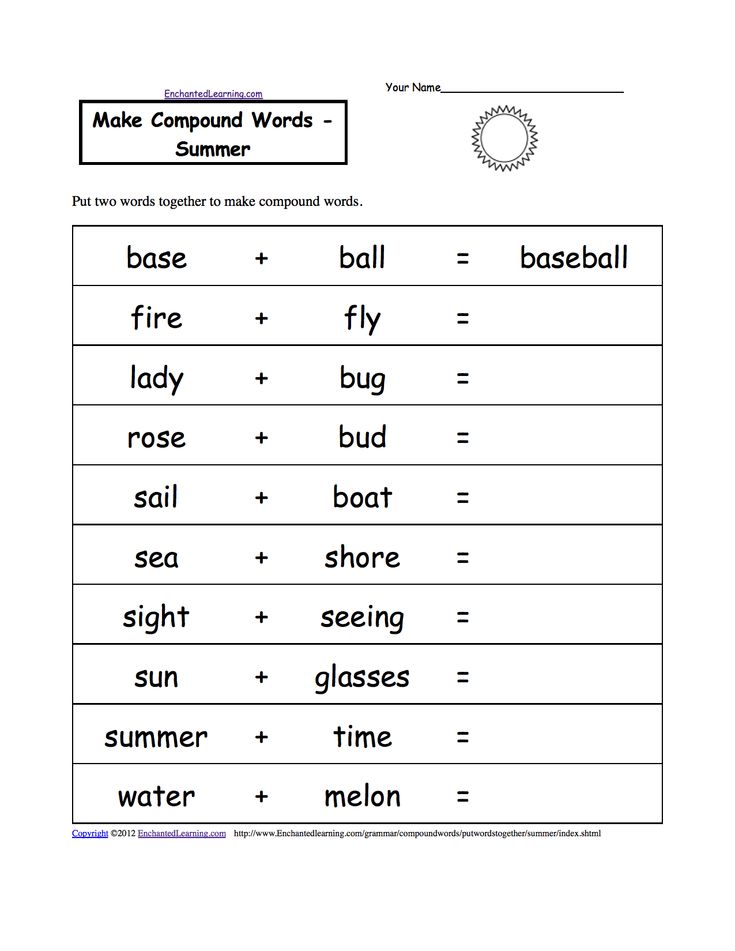 Every letter has its own points associated, so your goal is to outwit your competition and strategically spell a higher-scoring word.
Every letter has its own points associated, so your goal is to outwit your competition and strategically spell a higher-scoring word.
6. New York Times Crossword
The New York Times crossword puzzle has etched its place into American life since it debuted in the Sunday paper during the 1940s. The New York Times created an app for the crossword. Each day, the clues become more difficult, with the easiest puzzles on Monday and the hardest on Saturday.
This game/app helps you learn to spell because you have clues and have to fill in the squares with the right word. The puzzle can only be completed once every word is spelled correctly. Not only do you get to boost your spelling skills, but you also can increase your knowledge of history, art, culture, facts, and more.
7. Letter Tycoon
If you’re looking for a game that isn’t on your phone and rather meant to be played in-person with others, then Letter Tycoon is a great option! With 2-5 players, each player gets to have their turn at spelling a word using a seven-card hand with a three-card community pool.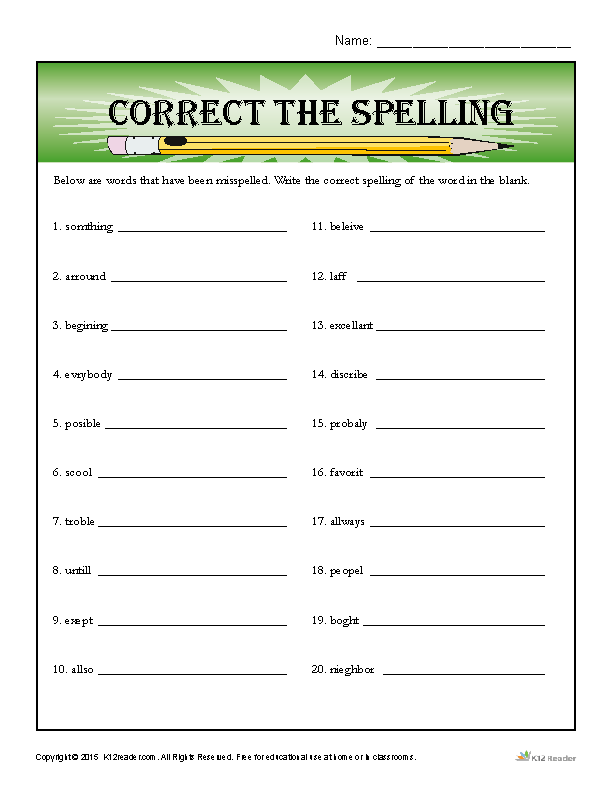 Based on the word they play, they earn stock.
Based on the word they play, they earn stock.
With the stock they’ve earned, they can buy patents for their words so that any time another player uses that word, they earn money. At the end of the game, you add up the patents, money, and stocks to see who won.
8. Spelling Notebook
SpellingNotebook is like a digital notebook for your spelling goals. You can create your own list of words to practice and test your spelling. Along with testing your own spelling, the SpellingNotebook can read the words out loud so that you can hear them being spoken.
It makes it easy to take your spelling words on the go anywhere and test yourself without seeing the word. There’s a built-in spelling dictionary to utilize, too. Or, you can input your own words.
It’s Time to Spell
The above list of eight spelling games for adults is just a preview into what’s available in both app and brick-and-mortar stores to learn how to spell!
Spelling games provide a fun way to learn and remain consistent in your endeavors to become the best speller you can be.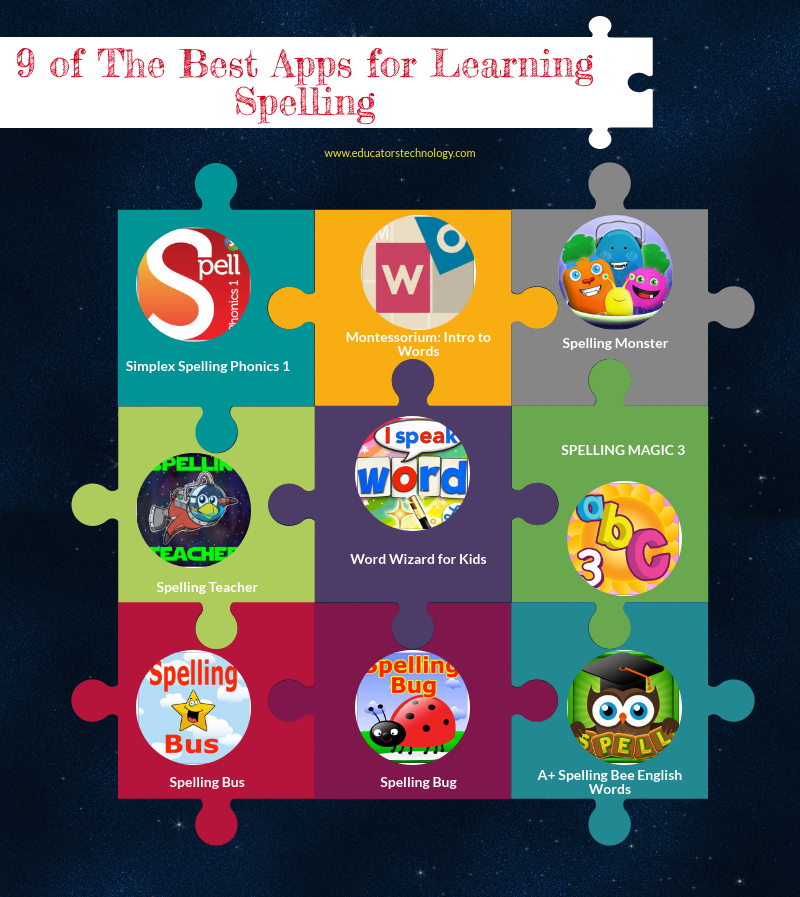
Free Online Spelling Games | Play Spelling Games for Free
Search
Enjoy our premium selection of free online spelling games T-O-D-A-Y!
Arkadium Word Wipe Game
Arkadium Word Wipe Game
Form as many words as you can to clear the rows and advance.
Outspell Spelling Game
Outspell Spelling Game
A Scrabble-esque game with plenty of fun, added twists.
Arkadium's Codeword
Arkadium's Codeword
Crack the code of numbers and letters to decipher the words!
Scramble Words Game
Scramble Words Game
Unscramble the letters to create words!
Spellbound
Spellbound
Form as many words as you can with the letters you're given!
Wander Words
Wander Words
A though-provoking cross between a word search and scramble.
Spelling Games Overview
Do you know how to spell “game”? It might as well be spelled A-R-K-A-D-I-U-M because we have the world’s best selection of premium online spelling games! Whether you’re a spelling bee game champion or just getting started, we have online spelling games for every skill level!
Fun aside, our collection of spelling games are also great at training your brain and staying sharp as each requires you to create a strategy and spell out words from a random set of letters.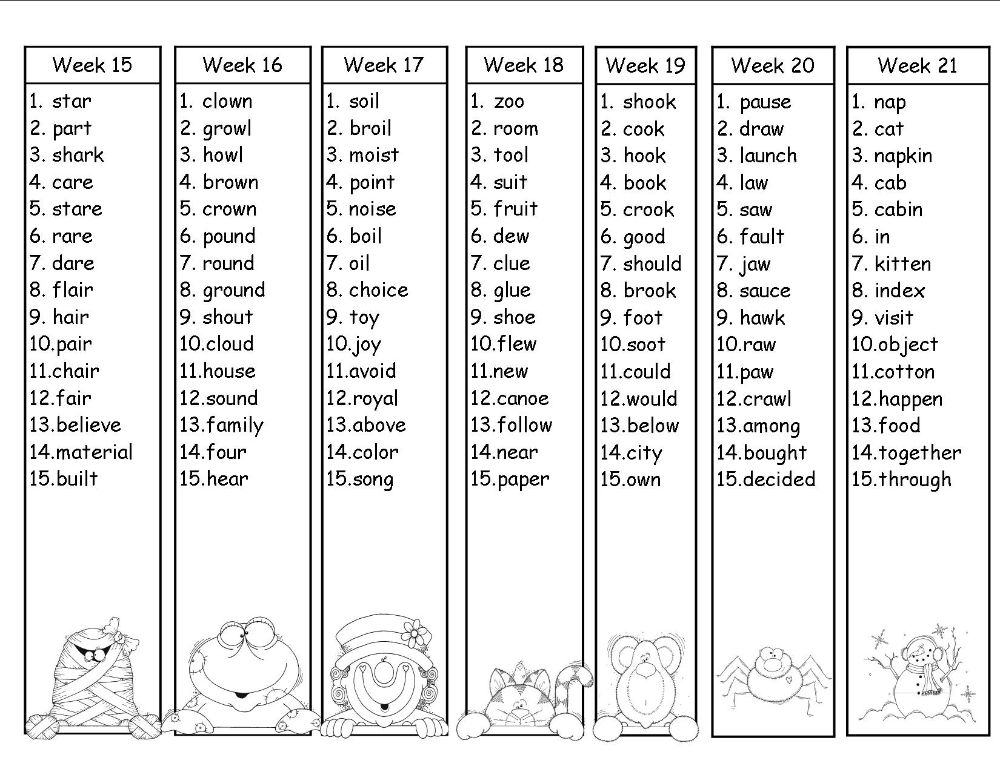 But don’t just take our word for it: numerous studies have shown that many casual games, including and particularly spelling games, have powerful cognitive benefits that help with strategic thinking, memory, quantitative skills, and growing vocabulary.
But don’t just take our word for it: numerous studies have shown that many casual games, including and particularly spelling games, have powerful cognitive benefits that help with strategic thinking, memory, quantitative skills, and growing vocabulary.
Fan Favorite Spelling Games
Our collection free spelling games are some of the most popular games on the web! In particular, the Outspell spelling game has been a fan favorite for years. Similar to an online Scrabble game, Outspell requires the player to spell words using specific tiles that have one letter each. After the player’s turn ends, the computer opponent plays their tiles – whoever has the most points at the end of the game wins! If you like online Scrabble games, you’ll love our Outspell spelling game.
In addition to Outspell, Arkadium is home to many more classic spelling word games, including the ever popular Word Wipe! This free online spelling game tasks players to form words out of randomly generated letter towers—the longer the word, the more points you will receive. However, the timer is ticking and you have to clear a certain number of towers before it reaches zero. You can enjoy a lot of relaxing spelling games on Arkadium.com, but Word Wipe requires quick reaction speed and sharp spelling ability. Good luck!
However, the timer is ticking and you have to clear a certain number of towers before it reaches zero. You can enjoy a lot of relaxing spelling games on Arkadium.com, but Word Wipe requires quick reaction speed and sharp spelling ability. Good luck!
New Free Online Spelling Games
If you’re a fan of Wordscapes, then Scramble Words is the game for you. At the start of each level, the player is given five letters that can then be composed into a certain number of hidden words. If the player is able to identify all of the words on the board, they win and move on to the next level. Do you have what it takes to unscramble the letters in Scramble Words?
Arkadium’s Codeword is another new yet immensely popular spelling game that’s all about deduction and logic. Even if you’re not a great speller, Arkadium’s Codeword is sure to help you relax and unwind as the letters fall into place. Our Codeword spelling game is like a crossword, but there are no clues. The goal of the game is to fill out the entire grid with words using deduction! Thankfully, some letters are given at the start of the game and this will help the player to spell words that might fit in the grid.![]() The start of the game can be complex, but the hint options are extremely helpful for both new and expert players. There’s nothing quite as cathartic or relaxing as filling the grid in Arkadium’s Codeword spelling games!
The start of the game can be complex, but the hint options are extremely helpful for both new and expert players. There’s nothing quite as cathartic or relaxing as filling the grid in Arkadium’s Codeword spelling games!
We hope you enjoy our free online spelling games and T-H-A-N-K Y-O-U for playing!
5 verbal and linguistic games in the Russian language classes
A valuable method of stimulating interest in learning is the method of using various games and game forms of organizing cognitive activity in the classroom with students and schoolchildren.
The most budgetary game form is a language game, part of which are verbal (not acting) and verbal-role-playing games.
It is also expedient to single out linguistic educational games.
What's the difference?
Word game is a word game. The game takes place exclusively through the speech interaction of the players.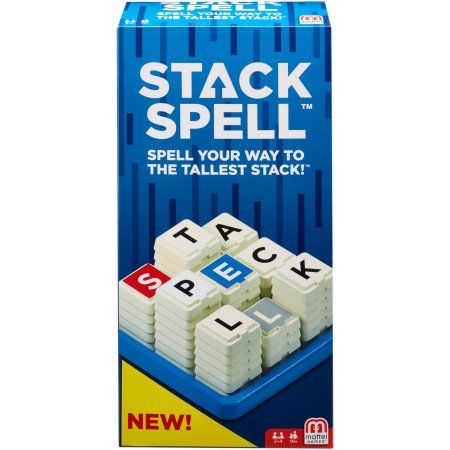 The word game is aimed not only at the development of language flair, but also at the development of attention and memory.
The word game is aimed not only at the development of language flair, but also at the development of attention and memory.
Word-role-playing games - a kind of role-playing games with a complete absence of a material component: the game takes place exclusively through the verbal interaction of the players describing the actions of their characters, and the master describing the realities of the surrounding world and the reactions of master characters.
Linguistic game is a language game related to language learning and speech enrichment, with the development of logical thinking, communicative features of speech in terms of taking into account lexical, grammatical, orthoepic, syntactic features of speech.
Consequently, linguistic games are: orthoepic, lexical, grammatical, syntactic.
Linguistic game “Hidden Motives”
Surely, in the life of every person there was a situation when he committed some act and could not explain why he acted one way or another.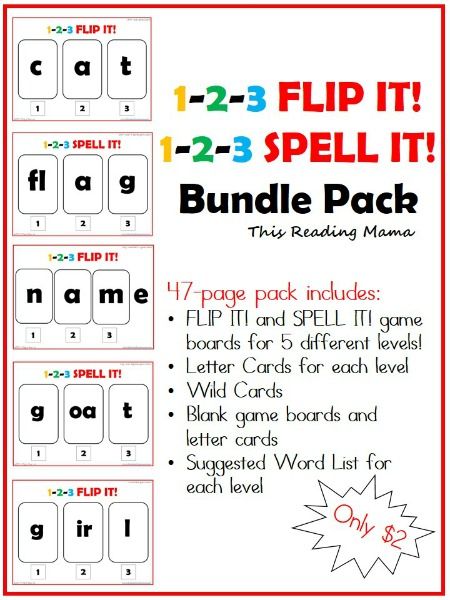 Unraveling possible hidden motives is possible through a consistent analysis of previous events.
Unraveling possible hidden motives is possible through a consistent analysis of previous events.
What we are working on: speech logic.
Rules: Divide the group into pairs (sometimes it's easier to unite not in pairs, but in threes). In each pair, one of the participants tells a situation that he cannot explain. The partner, through leading questions, tries to find out the facts, to connect them into syllogisms.
Syllogism is “a form of inference, reasoning, when a third, conclusion, is derived from two given premises or judgments.”
For example, all students take exams in the summer. I am a student, so I have exams in the summer.
In the second round, the interlocutors change places. Then comes reflection.
Word game “One day in the life”
The essence of the game: choose any profession with the students. Together you make up a story from some nouns (verbs, adjectives) about the working day of a professional.
For example, a story about a teacher's day: call-breakfast-lesson-question-answer-five-teacher-director-scandal-lesson-call-home-preparation-sleep.
Important condition: before naming a new noun, each player must repeat everything that was named before him. Then the story will be perceived as a holistic work. To better remember the named nouns, I advise you to carefully look at all the speakers, as if linking the word with a specific person.
Word game “New Vocabulary”
Usually we play in a circle with students as a warm-up at any lesson.
The essence of this game is to come up with new meanings for ordinary and all familiar words.
For example: boyfriend - lover of fish soup, monster - volcano, priestess - woman who loves to eat, etc.
The winner is the one who picks up more interesting words. The time allotted for preparation is agreed in advance.
Taboo word game
When I need to talk to listeners/students and students, or lead them to the topic of the lesson, or review previously learned material, I use the word game “TABU”.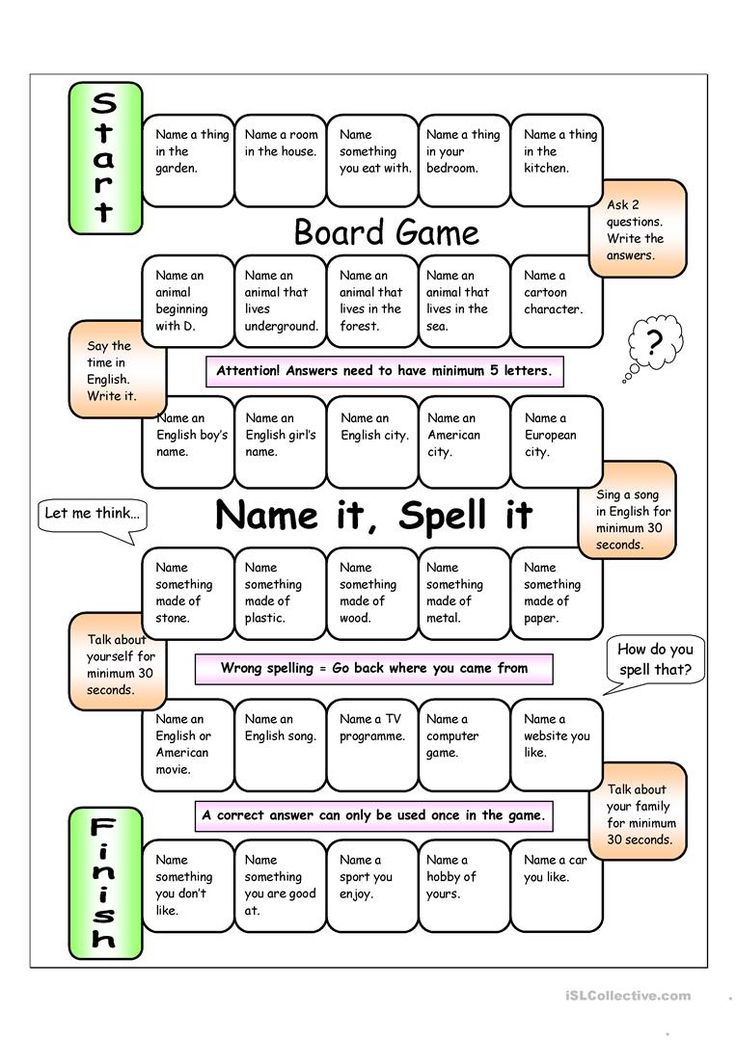
The rules are simple: the student gets a card with the word written on it. It needs to be explained. And under this word, or next to it, there are several more that cannot be used in the explanation.
Other students must guess this word.
It is better to prepare cards on your own - for a specific topic (for example, an essay-reasoning - for students, or general scientific terminology - students / cadets).
Linguistic game “Sound Images”
The teacher reads out/displays on the screen the words of the writer E. Zamyatin:
“Every sound of a human voice, every letter in itself evokes certain ideas in a person, creates sound images. I am far from assigning a strictly defined semantic or color meaning to each sound, but
Sound [r] clearly tells me about something loud, bright, red, hot, fast.
[l] – about something pale, blue, cold, smooth, light.
Sound [n] - about something tender, about snow, sky, night:
The sounds [d] and [t] are about something stuffy, heavy, fog, darkness, musty.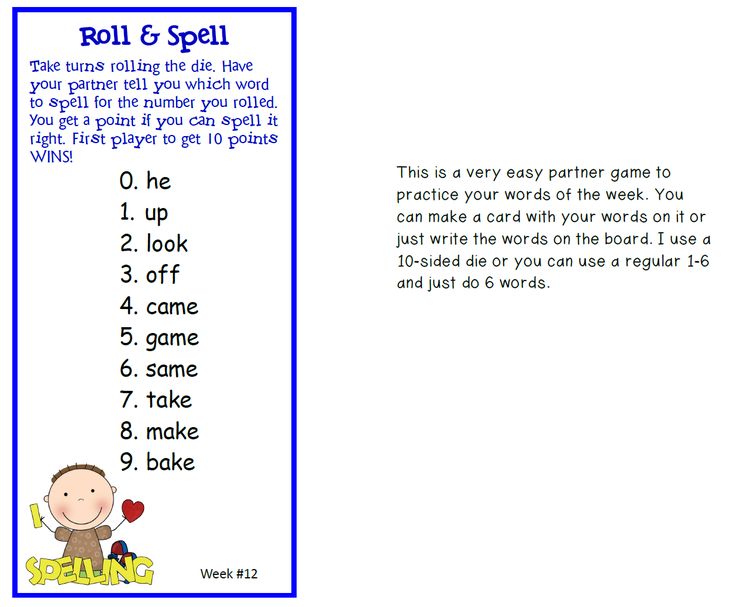
Sound [m] - about sweet, soft, about mother, about the sea.
With [a] - latitude, distance, ocean, haze, range are associated.
C [o] - high, blue, bosom:
C [and] - close, low, squeezing.
Task: come up with words starting with the letters RLNDTMAOI. Ask students and pupils to voice their sound images.
Word game “Letters-Letters”
One student guesses a word to another, which he must explain to the others, but he can only use words starting with one letter, for example, “p” (any, except for the same root) . That is, the word “house” will have to be explained, for example, as follows: “built - I live”.
If it was not possible to guess right away, one can throw up additional associations: “building, premises, space, the simplest concept…” And at the end add, for example, “Pérignon” – by association with Dom Perignon champagne.
If the guessers are close to winning, then the teacher will need comments like “about”, “about”, “almost right” - or, in the opposite situation: “bad, wait!”.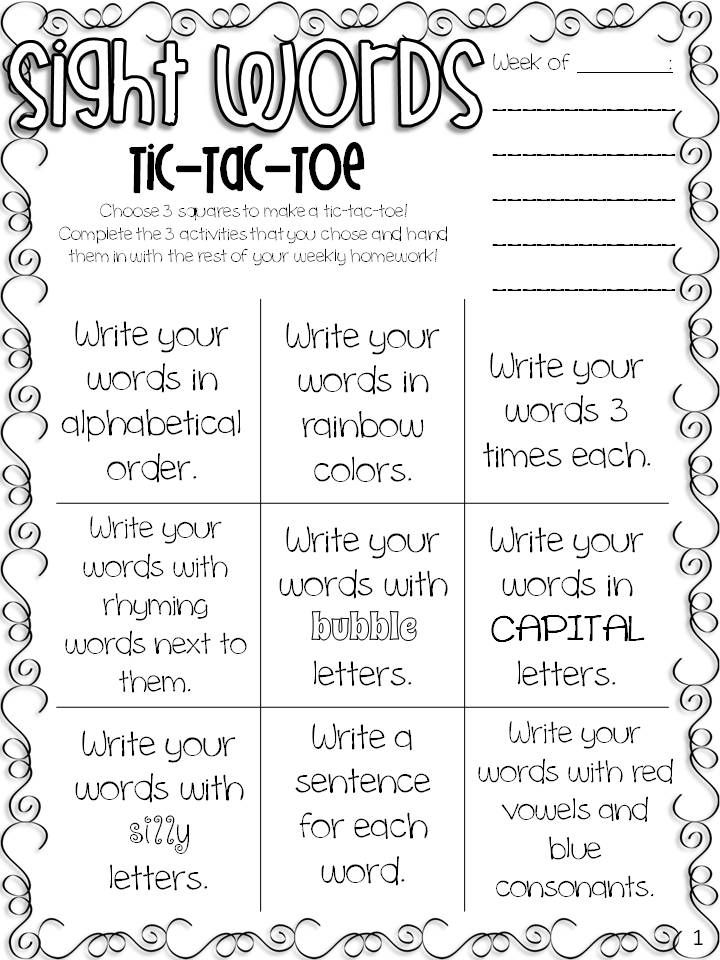 Usually, after the word is guessed, the explainer comes up with a new word and whispers it into the ear of the guesser - he becomes the next leader.
Usually, after the word is guessed, the explainer comes up with a new word and whispers it into the ear of the guesser - he becomes the next leader.
Word and language games are a great way to increase the efficiency of your classroom activities. They can be used at various stages of the lesson: at the beginning - to create a favorable atmosphere and repeat the material that will be later used in speech, in the middle or end of the lesson - to relieve fatigue, at the end of the lesson, when there are a few minutes left before the call and there is no point start some more serious exercise.
Related articles
- 7 kinetic games at English lessons
- Communication tasks at Russian Speech Etiquette classes for foreign students
- 7 phonetic games and exercises at the initial stage of teaching Russian as a foreign language of the Russian language
- 4 exercises with tautograms in the Russian language classes
- Linguistic games in the Russian language classes
what to play at the initial stage?
Games at RFL lessons: what to play at the initial stage?Elena Filatova
41253 0 12/17/2019
As you know, game tasks are the decoration of any lesson. Not even like that. Ideally, they are one of the key stages of the lesson, since it is in the form of a game that it is most effective to consolidate existing knowledge. Of course, the higher the level of the students, the more interesting games can be used: authentic board games, role-playing games, debates, puzzles, associations... there are many options. However, at the initial level, when the vocabulary of students is very limited, it is quite difficult to come up with a game (especially a communicative one).
Not even like that. Ideally, they are one of the key stages of the lesson, since it is in the form of a game that it is most effective to consolidate existing knowledge. Of course, the higher the level of the students, the more interesting games can be used: authentic board games, role-playing games, debates, puzzles, associations... there are many options. However, at the initial level, when the vocabulary of students is very limited, it is quite difficult to come up with a game (especially a communicative one).
Based on the experience of fellow Russian as a foreign language teachers, we tried to compile a list of successful, in our opinion, games that can be used to work with the A1 level.
Phonetic games
- Favorite sound . The goal of the game is to work out one or another difficult sound. Option 1: the teacher reads a text or a poem, students clap their hands when they hear this sound.
 Option 2: students count how many times the studied sound occurs in the text or poem.
Option 2: students count how many times the studied sound occurs in the text or poem. - For example, to practice the sound [r], you can use the following poem by A. Barto :
Left, r r avoy!
Left, r r avoy!
On pa r hell comes from r poison.
On pa r hell comes from r poison.
Ba r cabman very r hell.
Ba r abanit, ba r abanit
Polto r a hours under r poison.
- "Correct Reading" . The teacher together with the students analyzes a short text. Then the students are divided into two teams and read the text according to the sentence. If someone makes a mistake, the team skips a turn and loses one point. The team that finishes reading first wins.
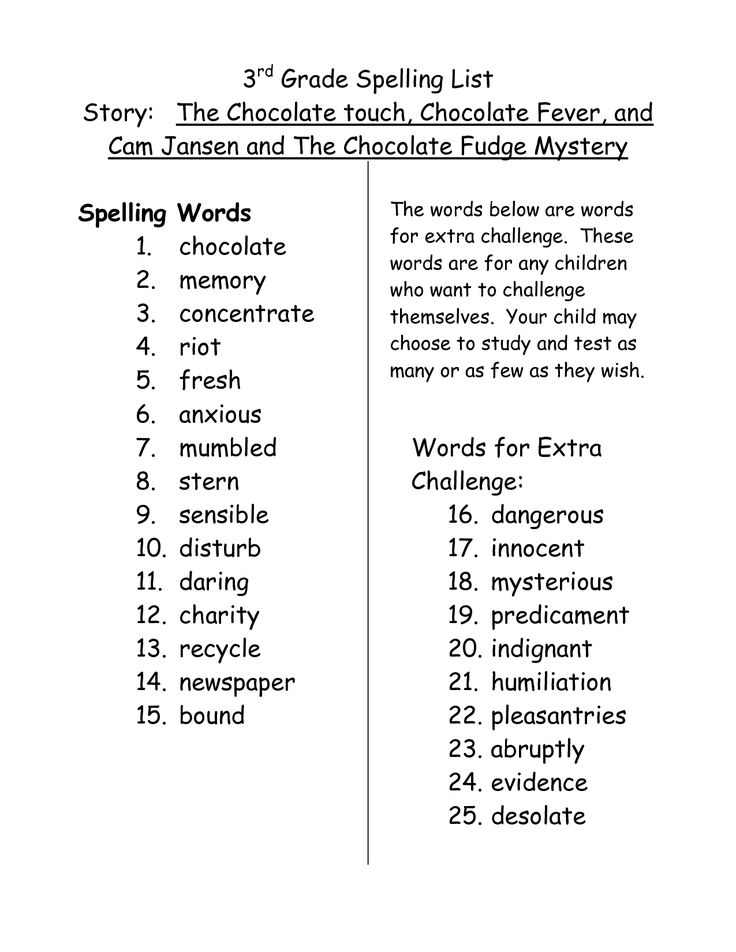
- Alphabet . The teacher shows cards with letters. The team that can correctly name the most words for each letter wins.
- Football . The teacher pronounces the word, the task of the students is to name another word that begins with the same sound as the first.
- "Is that a question?" . Students listen to statements that are different in terms of intonation. When they hear a question, they raise their hand or card up.
Lexico-grammar games
- “Letters are lost” . Students are divided into two teams, each team receives a list of words in which letters are missing. The task is to insert the missing letters.
- "The word is lost" . Students look for words in the letter box. For example, we have compiled a field on the topic “Clothes”, in which the words hat, dress, jacket, skirt, trousers, jeans, t-shirt, shirt are encrypted.
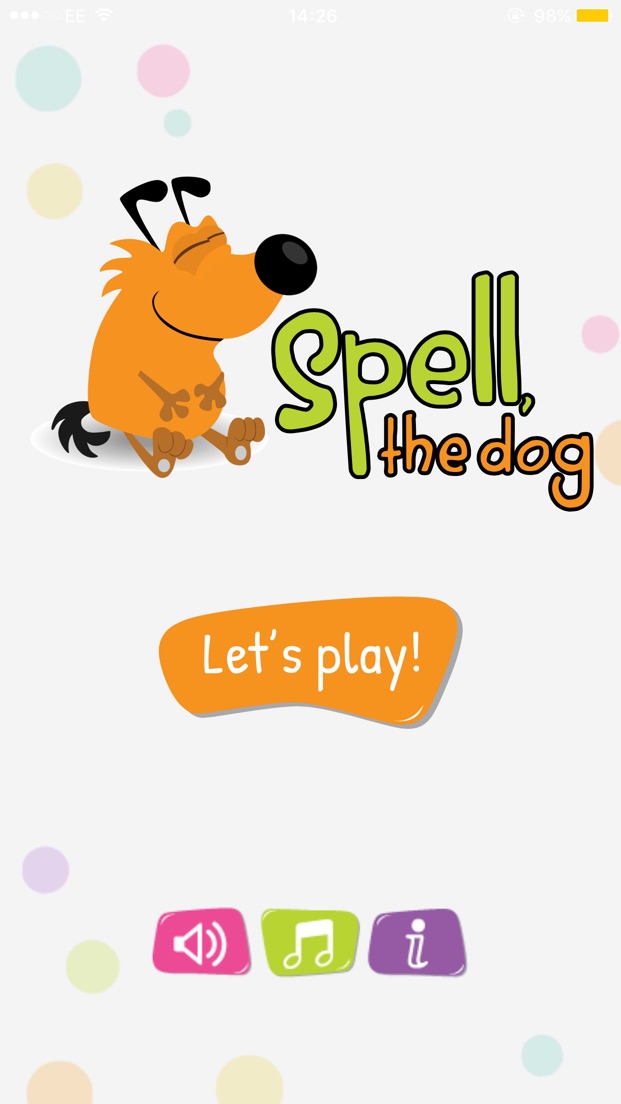
- Snowball . Students name words on the topic being studied, each next participant must repeat all the words spoken before him
- Dictation marathon . Students are divided into two teams, both receive the same passage of text. Each team selects a student who will write the dictation. The task of the other participants is to run up to the text, memorize an excerpt from it, run up to the writer and dictate a passage to him. The team that finishes writing faster and makes fewer mistakes wins. Snowball. Students name words on the topic being studied, each next participant must repeat all the words spoken before him.
- Catch the ball . There are many options for ball games. For example, students can throw a ball to each other, naming antonyms, synonyms, words on the same topic, etc. The teacher and student can also throw the ball to each other: the teacher asks a question, the student answers.
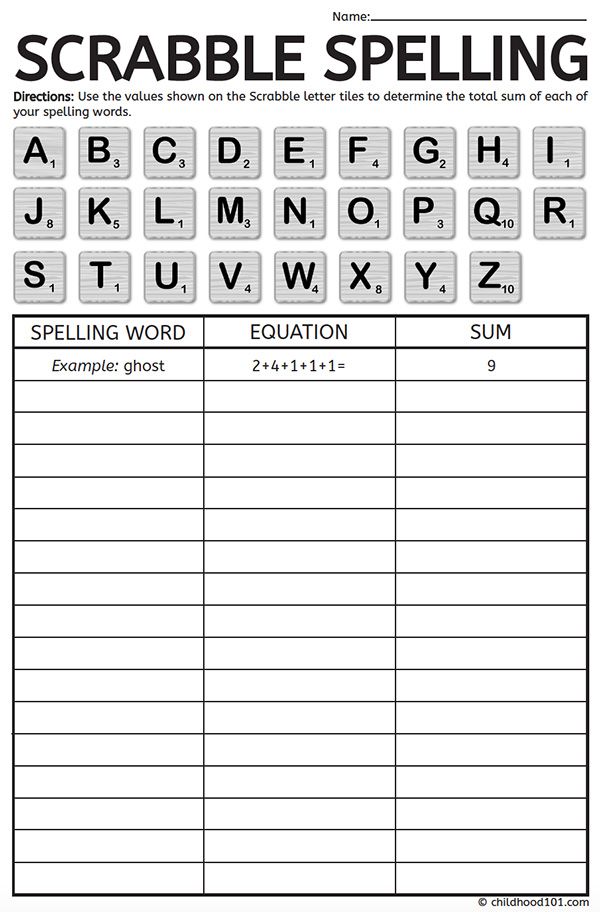 Another option is to use a ball bouncing off the surfaces: the student hits the ball on the floor and each time the ball touches the floor, he says one of the words being studied (a certain topic is selected). For example: "I know 5 words: mom, dad, brother, sister, grandmother." The function of the ball is to work at a faster pace, to help students focus on the task. In addition, such games enliven the lesson.
Another option is to use a ball bouncing off the surfaces: the student hits the ball on the floor and each time the ball touches the floor, he says one of the words being studied (a certain topic is selected). For example: "I know 5 words: mom, dad, brother, sister, grandmother." The function of the ball is to work at a faster pace, to help students focus on the task. In addition, such games enliven the lesson. - Artist . One of the students receives a card with a word. Without showing the card to the others, he draws what the word means on the board. The other students have to guess what it is. To add excitement, you can divide students into teams.
- Describe yourself in three words . Students write three adjectives on the slips of paper that they think describe them. The teacher collects the papers and reads the adjectives aloud. The group must guess who it is. NB! It is important for this game that everyone in the group is well acquainted.
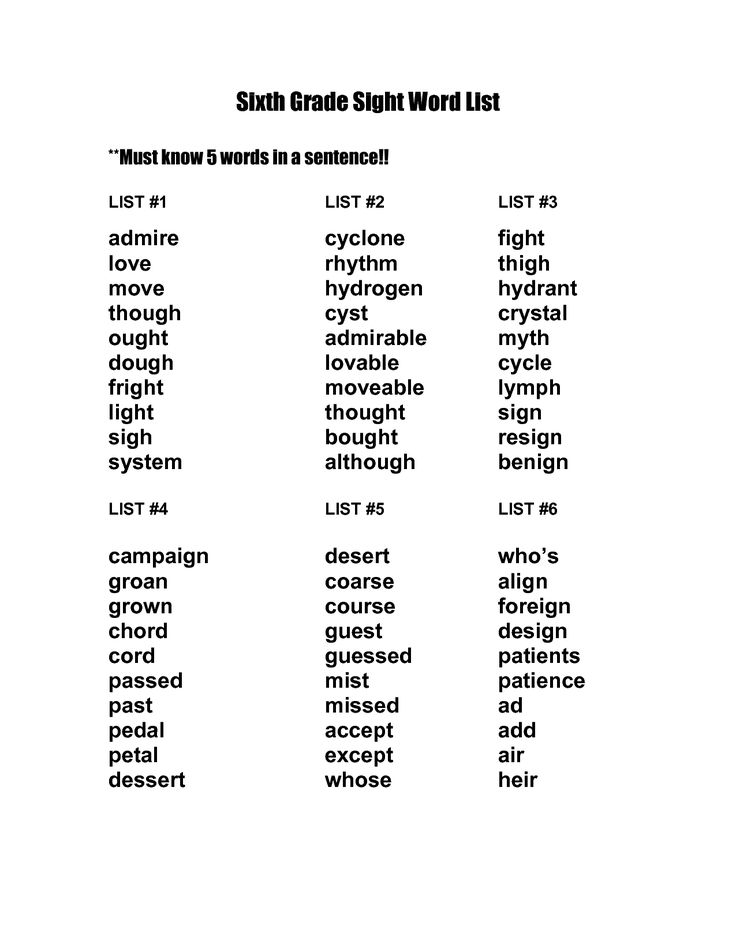
- Own game . The teacher writes on the board topics that the students have already studied, such as “Free time”, “Family”, “Clothes”, “Holidays”, etc. The teacher asks one of the students what he wants to know from a friend. He says what he wants to ask, and asks a question on the chosen topic. Each topic can only be selected once.
- "Lotto" . Students receive sets of cards with nouns in different cases. The teacher writes the verb on the board. If students have a card with a word that can follow this verb, they raise their hand and form a phrase. Then the teacher writes the next verb. Students receive one point for each match. The one who scores the most points wins.
- Chest . The game is designed for two players (but if there are more students in the group, you can make several sets of cards). The teacher chooses four topics, for example: "Furniture", "Clothes", "Products", "Utensils".
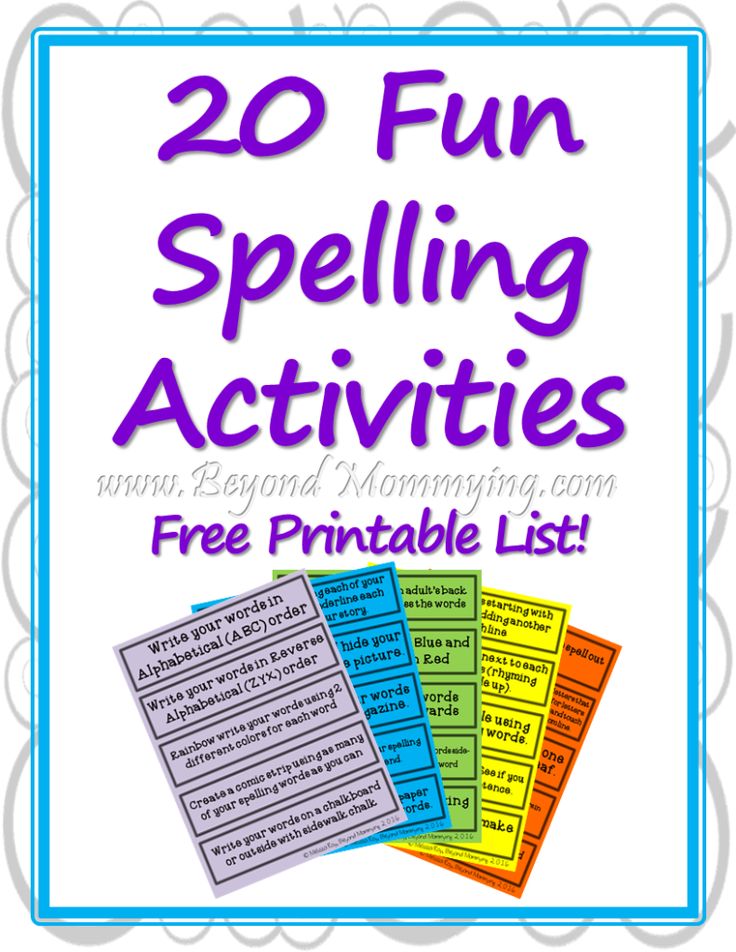 For each topic, he prepares four cards (sofa, bed, table, chair; potatoes, carrots, apple, milk, etc.). The cards are shuffled, each student receives four cards from different topics, the rest are in the deck. The student asks the partner: “Do you have furniture?” If so, he gets a card. The first person to collect the most kits wins.
For each topic, he prepares four cards (sofa, bed, table, chair; potatoes, carrots, apple, milk, etc.). The cards are shuffled, each student receives four cards from different topics, the rest are in the deck. The student asks the partner: “Do you have furniture?” If so, he gets a card. The first person to collect the most kits wins. - "Verbal portrait" . One of the students describes the appearance/clothes of the other without naming him. The rest must guess who it is.
- "Housewarming" . Students are presented with a picture of an empty room. They must tell where and what kind of furniture they want to put.
- "Help the cook" . The task of the students is to help the cook to prepare this or that dish. Students say what ingredients should be put in a pot (in a frying pan). You can ask students to explain how to cook one of their national dishes or their favorite dish.
- Dating site .
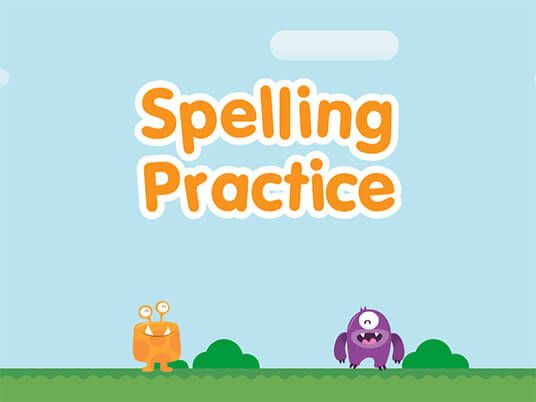 Students receive "profiles" of people from a dating site and look for a pair for each profile, arguing their decision. For example:
Students receive "profiles" of people from a dating site and look for a pair for each profile, arguing their decision. For example:
- “Is something missing?” . For this game you will need cards with the image of the studied words. Such cards can be made independently, bought at a children's store or printed from pinterest.ru. Recently, the Russkiy Yazyk publishing house published a manual by T. B. Klementyeva “Play and memorize Russian words!”, In which there are sets of cards on the topics “Family”, “Clothes”, “Products”, etc. The cards are laid out on the table students try to remember them. Then the students turn away, and the teacher removes one or more cards. Students should say what is missing.
- "Alphabetical" . Students are divided into teams, each team must write one word for each letter of the alphabet and arrange them in alphabetical order. Points are deducted for spelling mistakes.
- "Find Anton" .
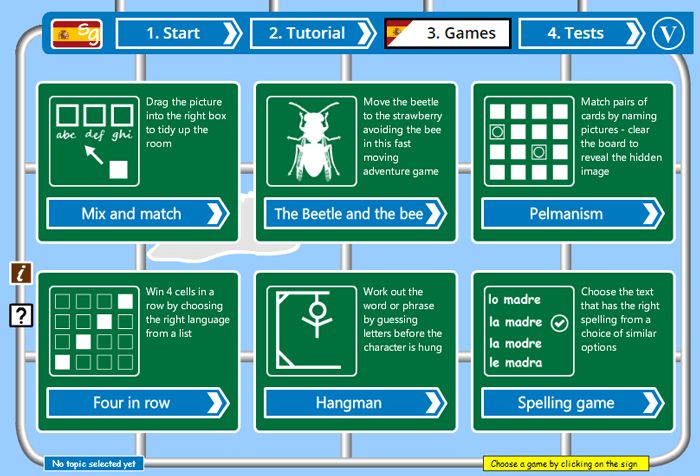 According to the plot of the game, a young man Anton disappeared. Each of the students reads their mini-text, which says where the student saw Anton, for example: “You saw Anton near the store. You greeted him." The goal of the game is to restore Anton's route on the map given to the students.
According to the plot of the game, a young man Anton disappeared. Each of the students reads their mini-text, which says where the student saw Anton, for example: “You saw Anton near the store. You greeted him." The goal of the game is to restore Anton's route on the map given to the students.
- "Guess my plans" . One of the students guesses what he will do tomorrow / did yesterday, etc., while others try to guess his plans by asking questions that require a positive or negative answer, for example: “Will you walk in the park tomorrow?”, “Tomorrow you will you do your homework?"
- Impromptu . According to the author of the task Asonova G.A. [5], the game can be bought in the Igroved chain of stores. Included in the game - cards with different pictures. One student asks another a question. He draws a card from the deck. The student's answer should be related to what is shown on the card. "Why are you late for class?" (it's raining on the card).
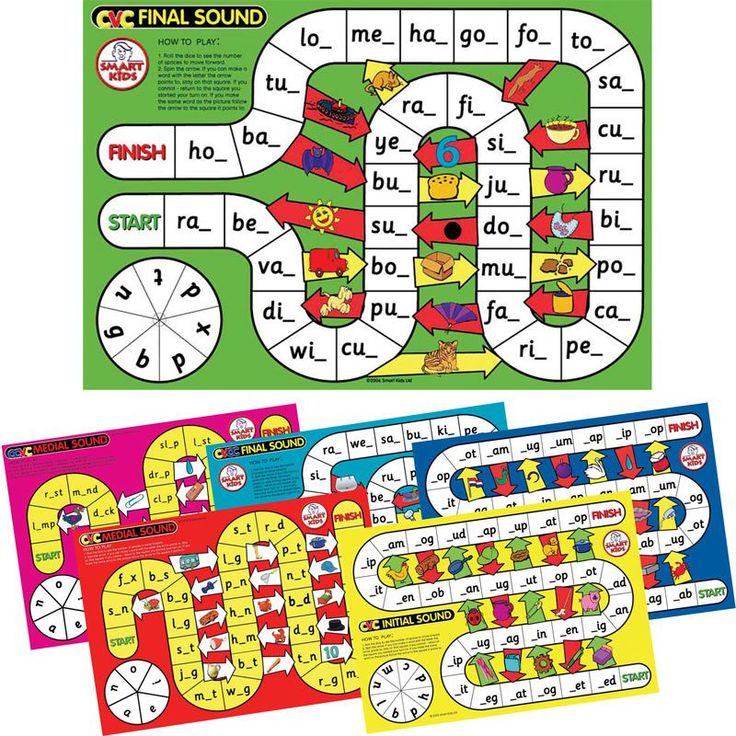 “Because it was raining.”
“Because it was raining.” - Diary . Not a game, but rather a form of extracurricular work. The teacher asks students to keep a diary in Russian, describing everyday events in it. It is necessary to check the diary from time to time so that students do not forget about it.
- Yulang game sets are a great tool for a teacher. Now there are already 3 sets on the site, and we do not plan to stop!
✅ Verbs of motion and transport (A1)
✅ Verbs of motion and transport (A2)
✅ Free time and sports (A1)
You can find the full list of RFL lessons from the YLang team in the corresponding section . 250+ learning materials for different levels (from A1 to C2) can be a great addition to traditional textbooks.
Where else can I find games for Russian as a foreign language?
Here is a list of our favorite manuals, articles and Internet resources describing game methods in Russian as a foreign language:
- Akishina AA Russian language in games.
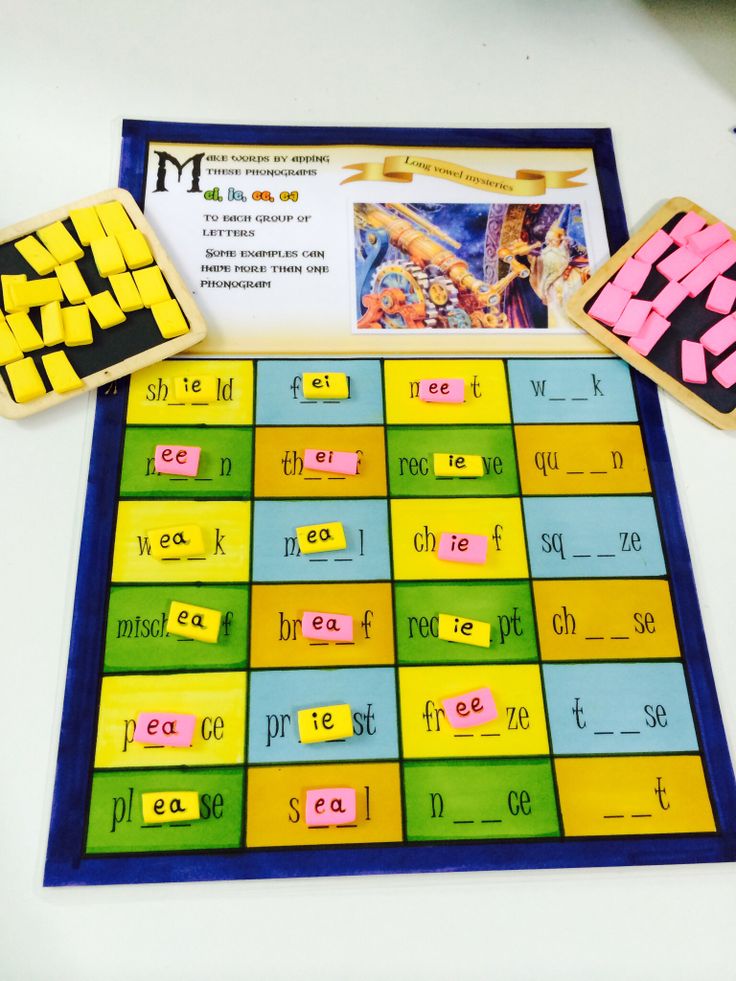 M., 2011.
M., 2011. - Arutyunov A. R., Chebotarev P. G., Muzrukov N. B. Game tasks in Russian language lessons: a book for a teacher. M., 1987.
- Bezkorovainaya L. S., Shtylenko V. E., Shtylenko E. L. Maps, cards, pictures: textbook. allowance for the Russian language. SPb., 2011.
- Bitekhtina N. B., Vaishnore E. V. Game tasks in the classroom in Russian as a foreign language // Live Methods. M., 2009.
- Zakorchevnaya LR Game guide for beginners. M., 2019.
- Kaznyshkina Irina V. Communicative games at the lessons of Russian as a foreign language. M., 1983.
- Klementieva T. B. Play and memorize Russian words! Manual-game in the Russian language. M., 2019.
- Kolesova DV, Kharitonov AA Wordplay: what and how to play at the Russian language lesson. SPb., 2011.
- Konysheva AV Game method in teaching a foreign language. SPb., 2008.
- Chubarova OE Verbs of movement with prefixes: a guide-game in the Russian language.
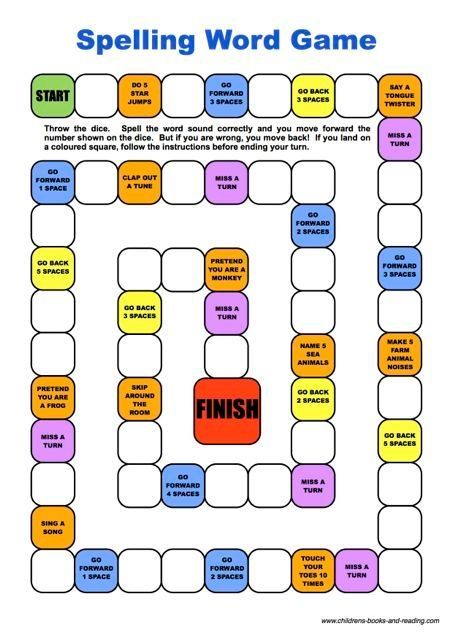 M., 2015.
M., 2015. - Shtelter O. In this little basket. Games in the Russian language lesson. Issue 1. St. Petersburg, 2011.
- Stelter O. In this little basket. Games in the Russian language lesson. Issue 2. St. Petersburg, 2012.
- Shtelter O. Poems, rhymes, rhymes. 100 poems for students of the Russian language. SPb., 2014.
- RFL games
- RCT materials. Boring Russian
- Tochka.ru
To write this article, we used the works from the list below:
- Azarina L. E. Games in Russian as a foreign language // Vestn. CMO MSU. M., 2009, No. 3.
- Asonova GA Grammar and communication exercises with elements of the game as a way to enhance the knowledge of Russian as a foreign language // Bulletin of the Southern Federal University. Philological Sciences. M., 2013. No. 3.
- Asonova G.A. Game and some other educational tasks as methods of intensifying teaching Russian as a foreign language at the initial stage within the framework of the program of the preparatory faculty of the Peoples' Friendship University // Linguistics and Intercultural Communication.
 2016. Issue No. 1 (20).
2016. Issue No. 1 (20). - Vasilyeva T. V. Games and creative tasks as a way to form professional competencies. From 3–36.
- Gubanova T. V., Nivina E. A. Russian language in games: teaching aid. Tambov, 2007.
- Zheleznyakova S. N. Role-playing games in the lessons of Russian as a foreign language // Actual problems of the humanities and natural sciences. M., 2017. No. 2–5.
- Minkina I. I know ten Russian words // Teacher's newspaper, 2010.
- Fedorova MA, Churilova IN Game methods as a means of optimizing the educational process in teaching Russian as a foreign language in an adult audience // Uchenye zapiski ZabGU. Chita, 2017. V.12, No. 6.
- Fedotova N. A. Phonetic games in teaching Russian pronunciation to foreigners // OTO, 2016. No. 2.
- Shkalikova AS Educational-speech games in Russian as a foreign language class as a means of activating the speech activity of students at the initial stage of education (Chinese audience) // Polylinguality and transcultural practices.

Learn more

